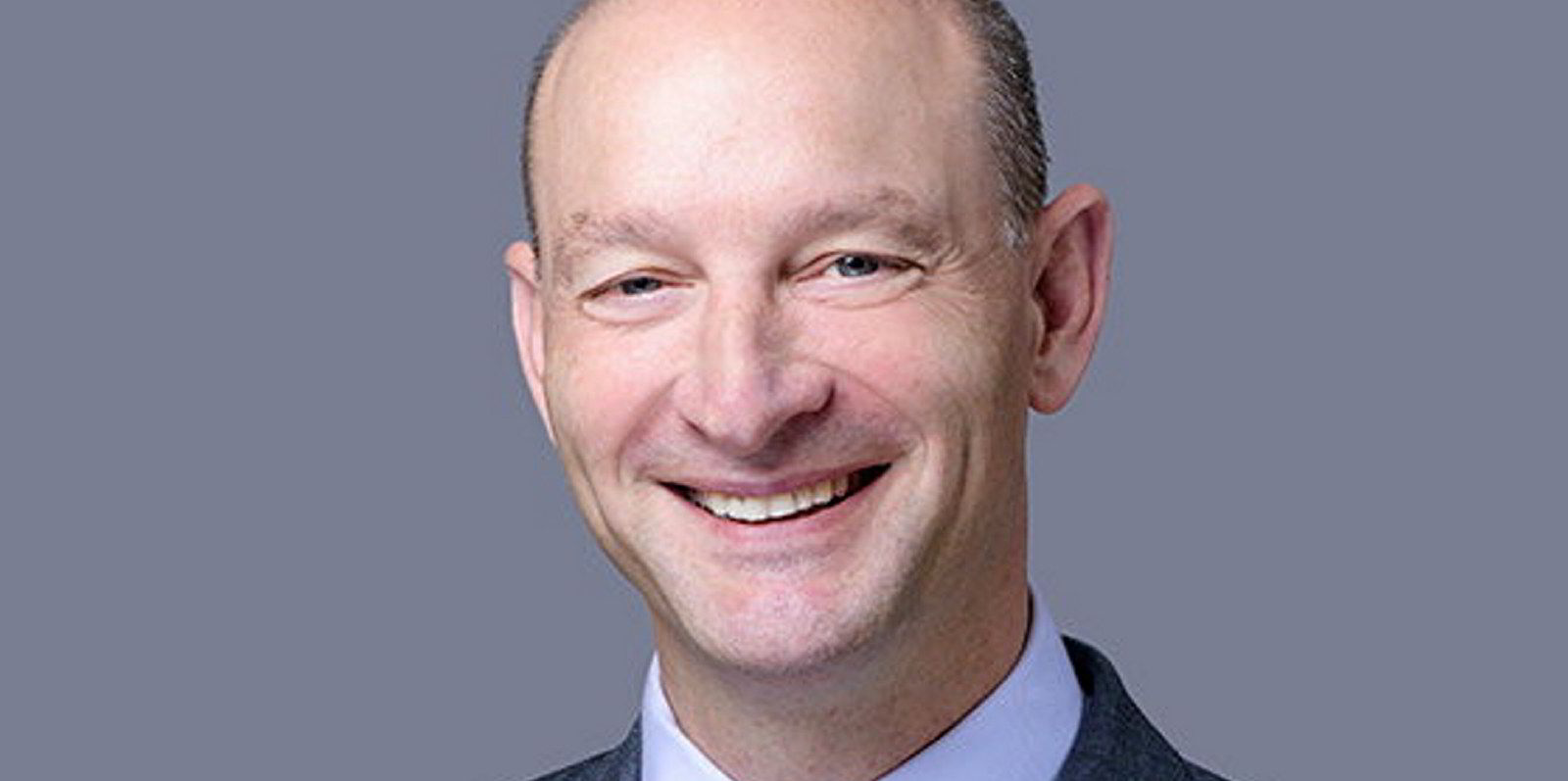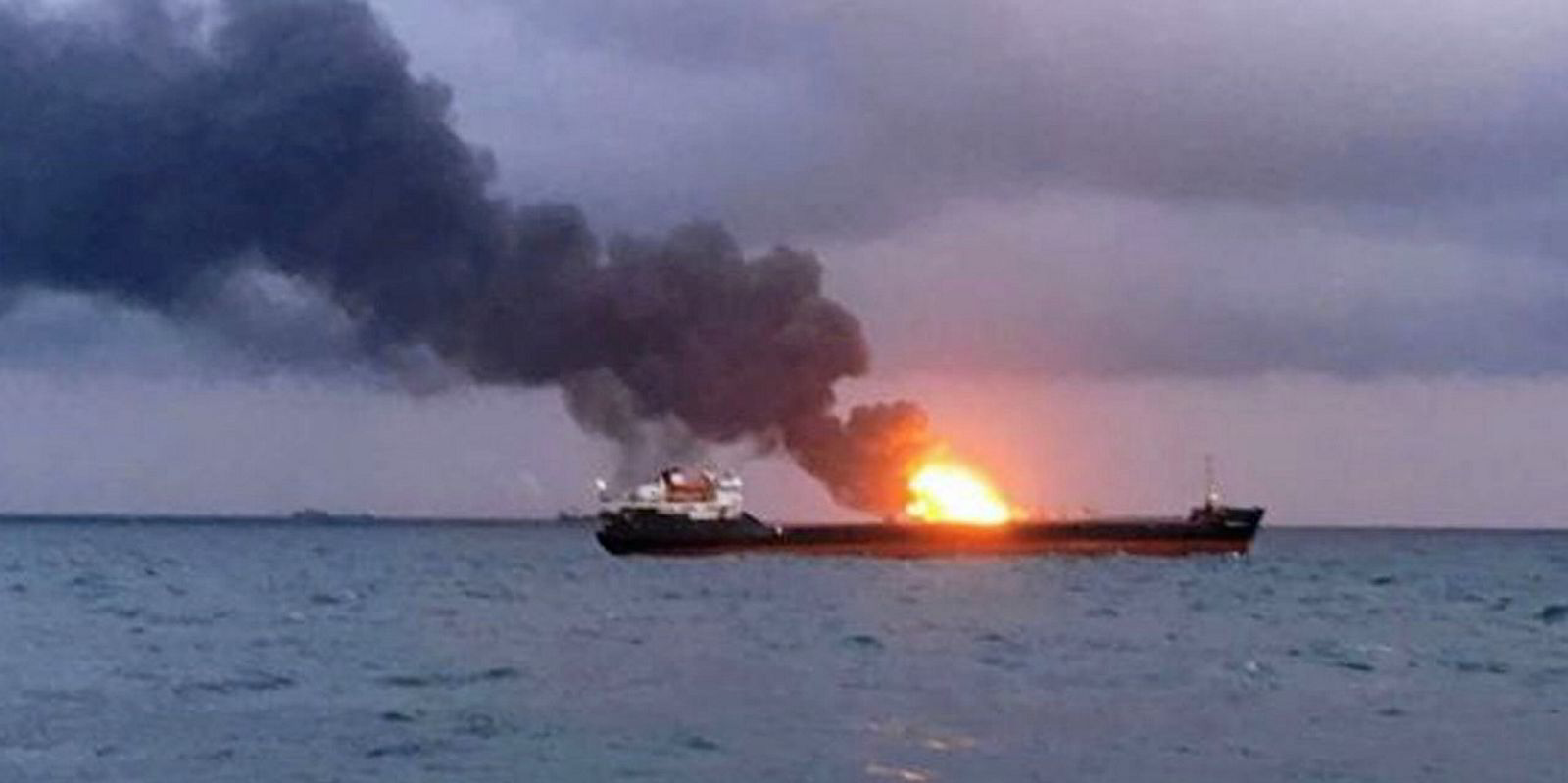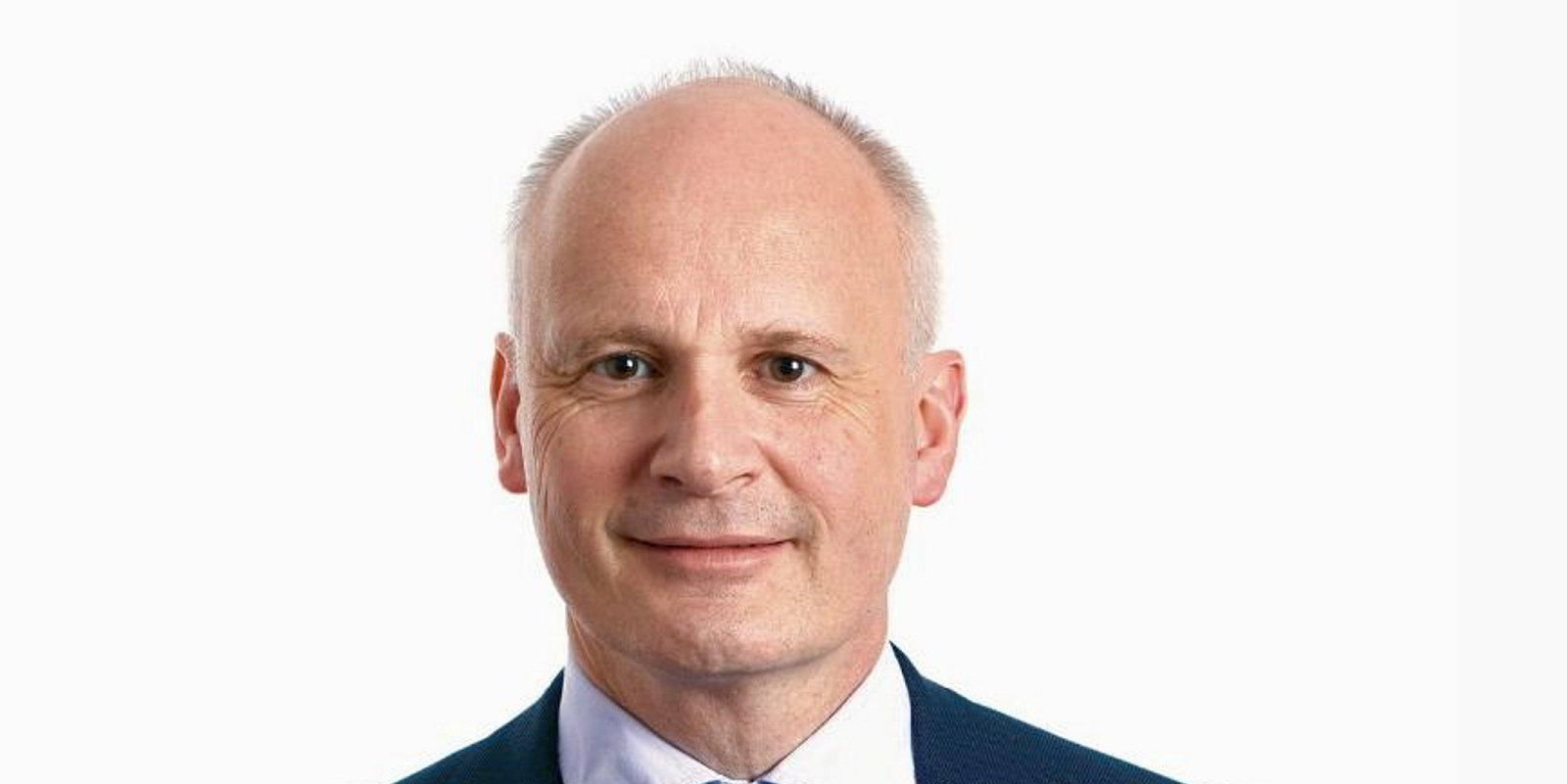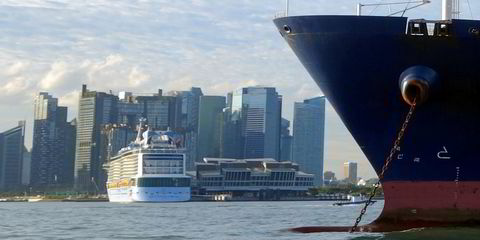When Andrew Cutler took over the chair of the International Group of P&I Clubs last November, the organisation was in the midst of tough negotiations with governments over sanctions and its commercial reinsurers about cover.
Both issues, although complex and contentious, have now to varying degrees been settled.
Governments have agreed on a way, through attestations, for protection and indemnity insurers to provide cover for non-sanctioned oil exports from Russia under its price cap.
Cutler, who is also chief executive of Britannia P&I, said that for the time being the process appears to be workable — although it has not yet been tested.
“The way the P&I clubs have been treated is fair, we are obliged to get an attestation from our members, clearly there is going to be an examination of that in due course I suspect, but in terms of recognising the role of the insurer, a compromise has been reached,” Cutler said.
The negotiations have also been a breakthrough in terms of recognising the obligations of P&I clubs under international conventions to respond to Blue Card P&I liabilities, even when there may have been a possible sanctions breach.
The International Group’s $3bn General Excess of Loss (GXL) reinsurance programme was also delayed when reinsurers said they would no longer back war risk cover in Russia or areas affected by its war with Ukraine.
The International Group has been able to find a solution in the excluded areas, although at the much lower sub-limit of $80m, compared with the previous $500m of excess war cover provided.
The GXL programme is now ready in time for the 20 February renewal.
And for Cutler, the International Group’s GXL programme and claims pool is the starting point for everything the organisation does.
Primary focus
“The primary focus of the International Group is to ensure the group excess of loss programme is in place with the high levels of cover that allow members to trade. That sounds like a limited ambition, but it is fundamental to what we do,” Cutler said.
“The benefit of that is that it allows us to do so much more. Cooperation on maritime safety, engaging with states on sanctions, data sharing and so forth, and also being a voice on sustainability and decarbonisation and being ready to assist,” he said.
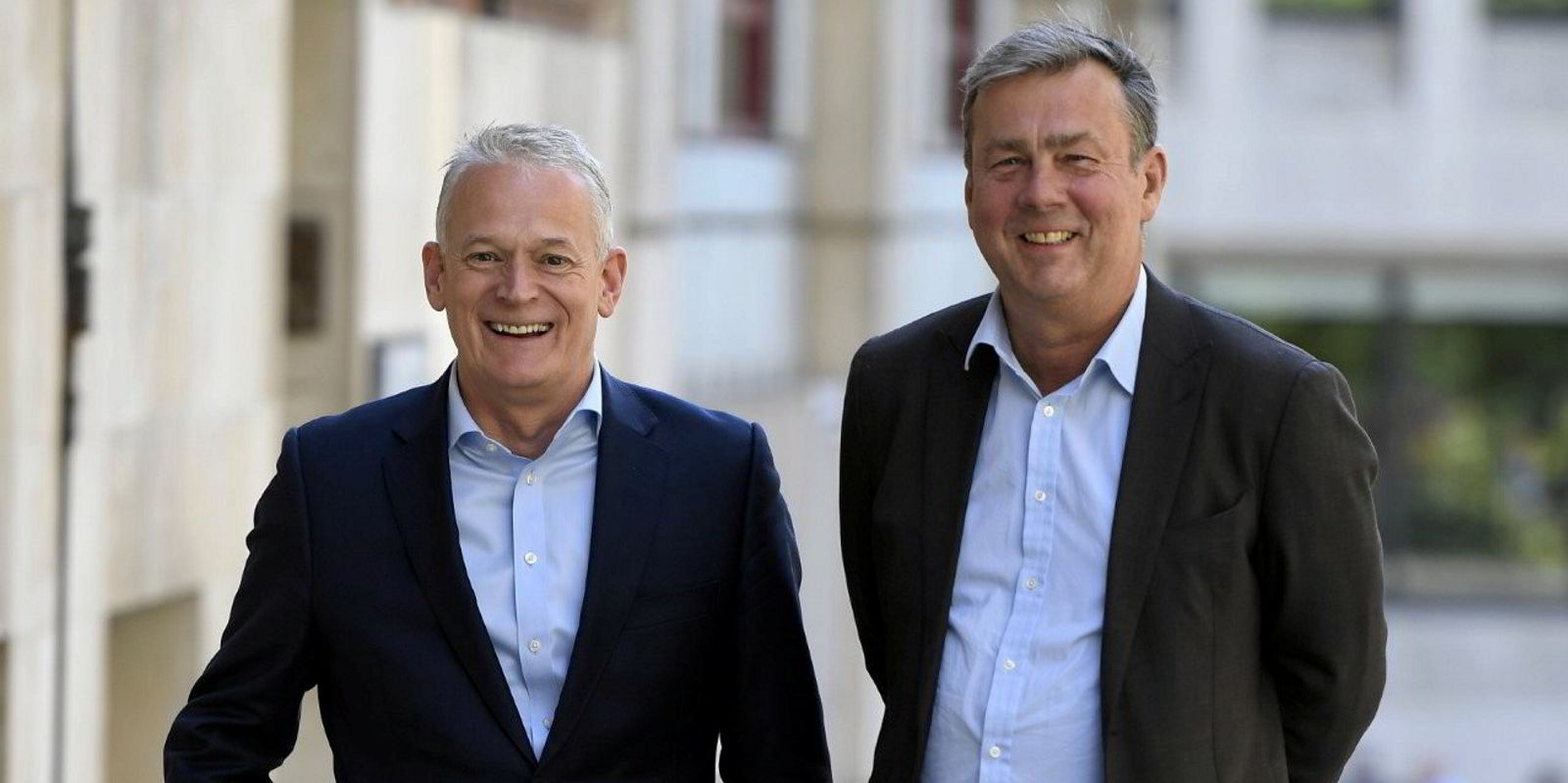
The pooling of claims and reinsurance, and the work in representing shipowner interests to governments on issues such as sanctions, Cutler said endorse the International Group’s motto that P&I clubs are “collectively stronger”.
Some have viewed the merger of North P&I Club and Standard Club as potentially a threat to that mutuality.
The contention put forward is that a more consolidated industry could create P&I giants that can afford to push for higher levels of club retention in the pooled claims system, something the group’s smaller clubs simply cannot afford.
Or the mega-clubs could even go it alone to arrange their own reinsurance.
Cutler said that the merger has not been a divisive issue for the International Group.
He said that both North P&I and Standard have already declared their intention to remain in the International Group pool and GXL scheme.
After that was made clear, the process of accommodating the merged entity into the International Group has been pretty much a formality.
Big ticket issues
“The NorthStandard made it very clear they would remain a member of the pooling group and excess of loss programme, once you had that in place most of it just became logistics,” Cutler said.
“They were very upfront and called all the other CEOs and said this is what we are doing this is the process.
“We formed a NorthStandard working group and the big-ticket issues were resolved within a matter of months,” he added.
Among other things the International Group is working on a combined claims database to develop loss prevention initiatives and help it play a more influential role in promoting loss prevention and safety initiatives in the shipping industry.
Cutler is hopeful he can announce some progress shortly.
“Each club has a loss prevention department and teams, and they are actively engaging with their members across the industry on safety. If we can join that together and have a much louder voice on how we can make shipping safer,” he said.
The International Group has also been closely involved with work to clarify the limitation of liability under international maritime conventions.
The result should make the application of limitation of liability more consistent as well as strengthen the shipowners’ rights.
